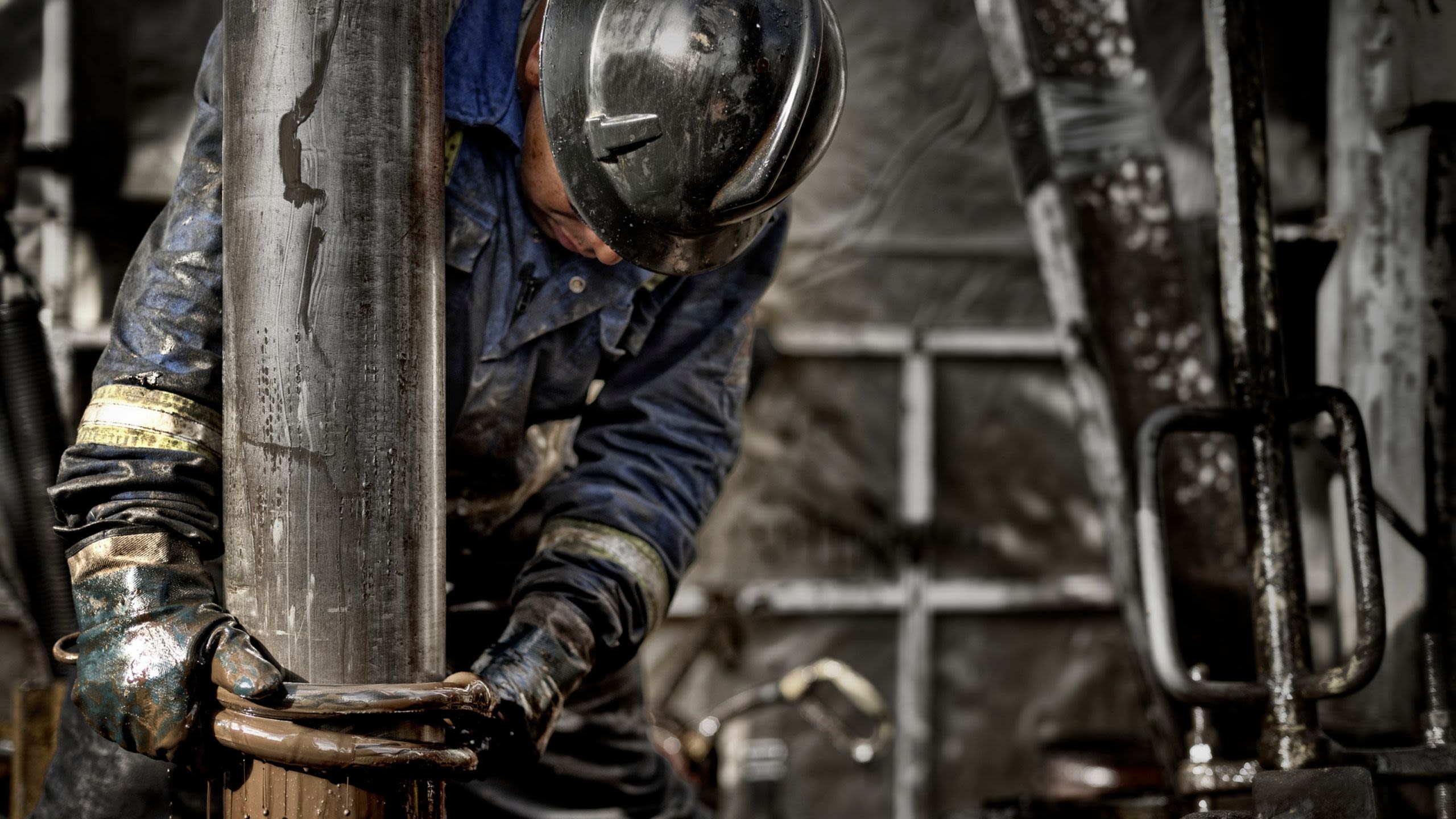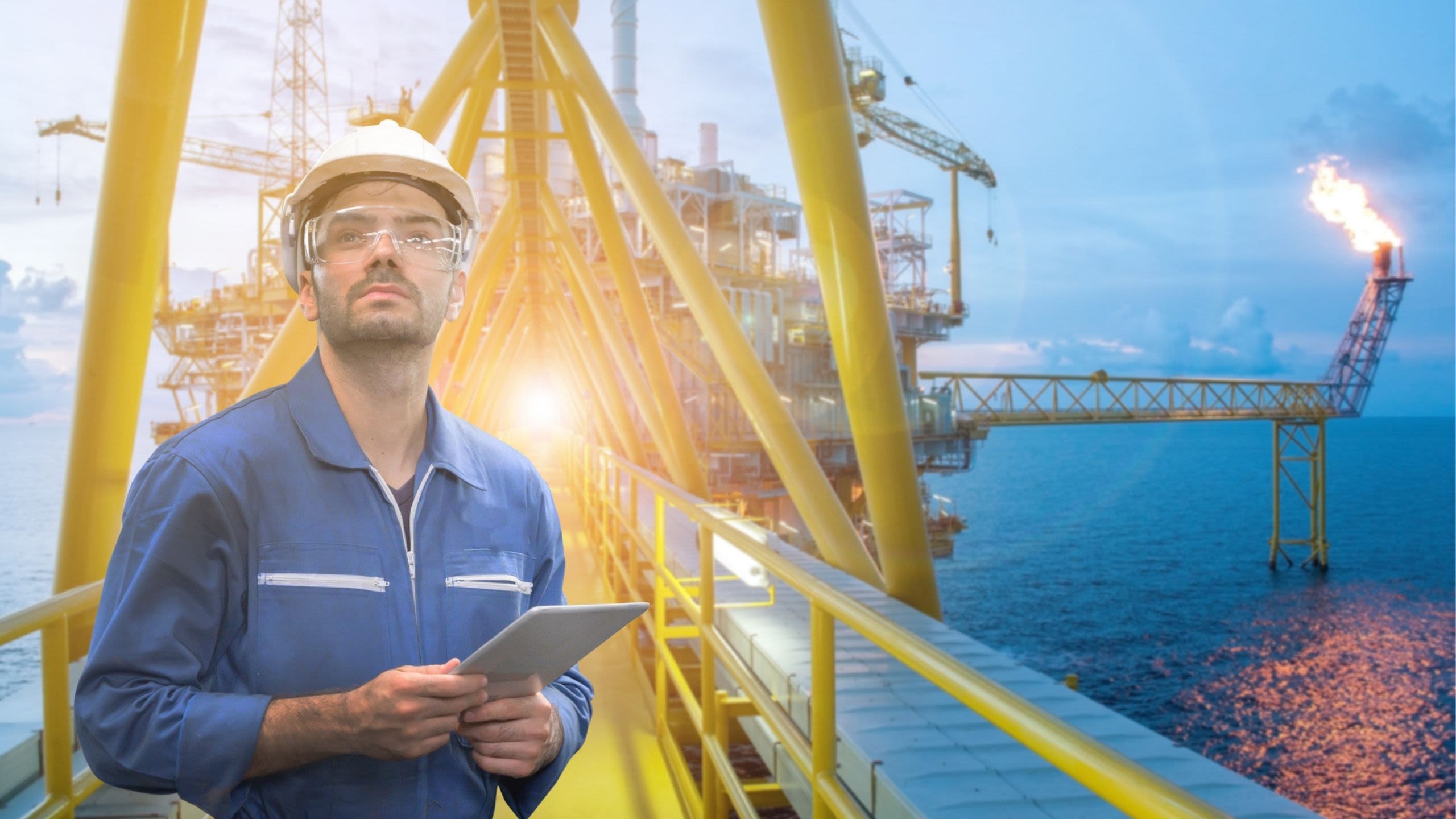MINDFULNESS ON THE RIG
Research Project Aims to Improve Safety, Health and Well-being of Offshore Oil and Gas Workers
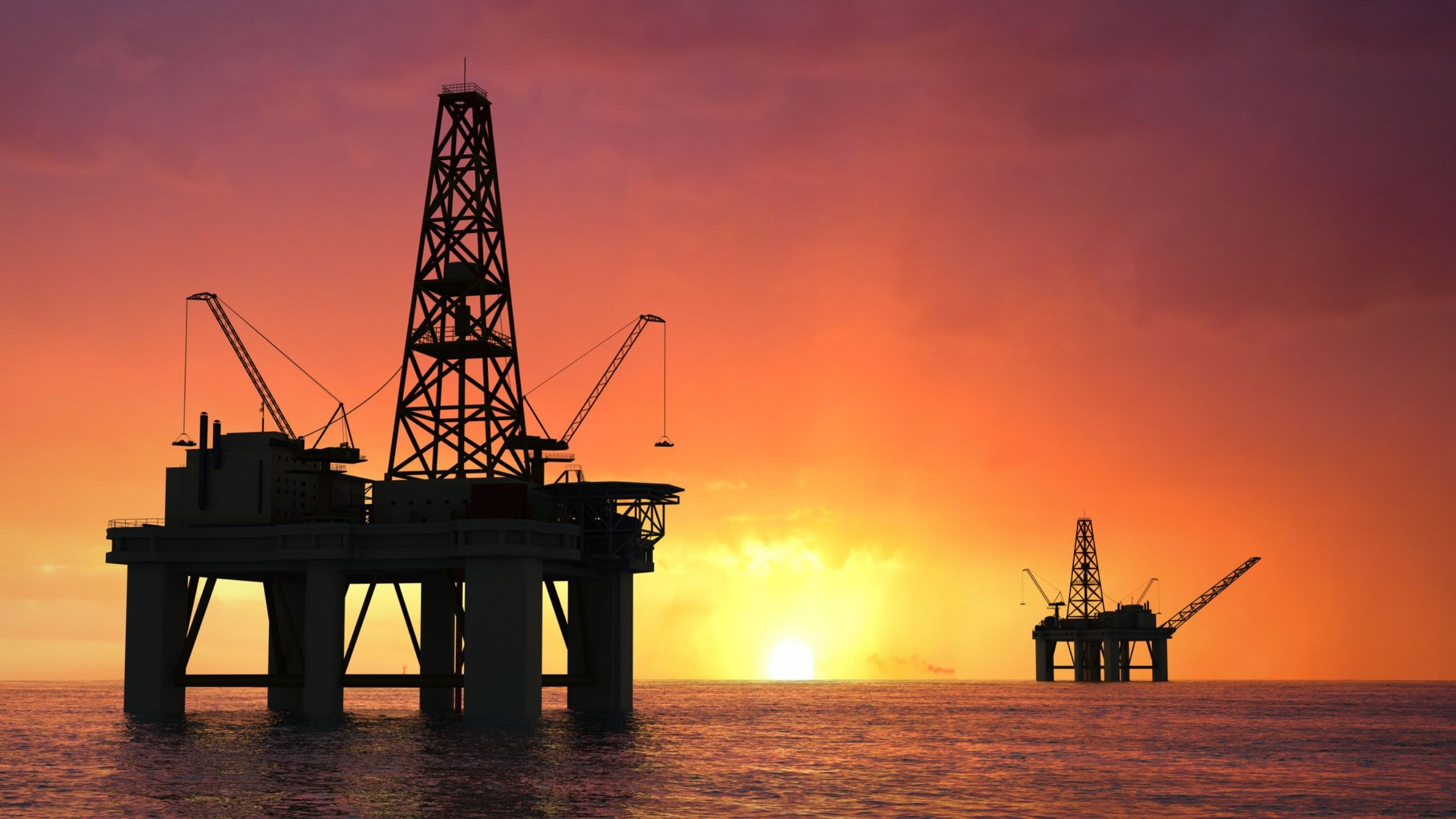
Oil and gas companies are starting to look at the effectiveness of using mindfulness techniques to increase the health, well-being and safety of offshore workers. It’s an interesting development, for sure, even though mindfulness trainings have been around for decades. While there’s been a recent surge in popularity, their use is not frequently associated with tough offshore workers who complete physically demanding work with long hours, dangerous equipment, extreme weather and weeks away from family and friends.
The practice of mindfulness as defined by Webster’s is “maintaining a nonjudgmental state of heightened or complete awareness of one's thoughts, emotions, or experiences on a moment-to-moment basis.”
Mindfulness is rooted in the centuries-long religious traditions of Hinduism and Buddhism. But over the past decade, techniques surrounding the psychology and way of thinking associated with mindfulness entered the lexicon of the Western corporate training world as a way for employees to be more engaged with their work.
Fittingly or not, mindfulness, in some circles, has been derided as a marketing gimmick with no basis in the scientific method. However, more and more rigorous research demonstrates how continuous mindfulness practice can elevate worker health, well-being and safety.
“The goal was to design a program that can be picked up by any oil and gas company with offshore workers in high-risk environments."
OffShore Mindfulness and Safety Initiative
Through a grant from the National Academies of Sciences, Engineering and Medicine, Christiane Spitzmueller, an industrial and organizational psychology professor at the University of Houston, led a six-month study of offshore oil and gas workers in collaboration with widely-recognized offshore worker safety expert Rhona Flin, professor of business at Scotland’s Robert Gordon University, and executives at Baker Hughes and Diamond Offshore.

Christiane Spitzmueller, UH Energy Fellow
Christiane Spitzmueller, UH Energy Fellow
With a goal of increasing the safety, health and well-being on offshore installations in the Gulf of Mexico, the team developed a “time to refocus toolkit,” containing short mindfulness practices and exercises that allow workers to refocus in high-risk situations offshore.
In recent years, there have been numerous accidents on U.S. offshore oil and gas rigs that have resulted in deaths and environmental disasters, notably the 2010 accident involving the Deepwater Horizon drilling rig, which killed 11 people and spilled 210 million barrels of crude oil into the Gulf of Mexico.
“The goal was to design a program that can be picked up by any oil and gas company with offshore workers in high-risk environments. The program was designed to also be usable by service company employees since service companies are rarely included in research on offshore safety,” said Spitzmueller, who is also a UH Energy Fellow.
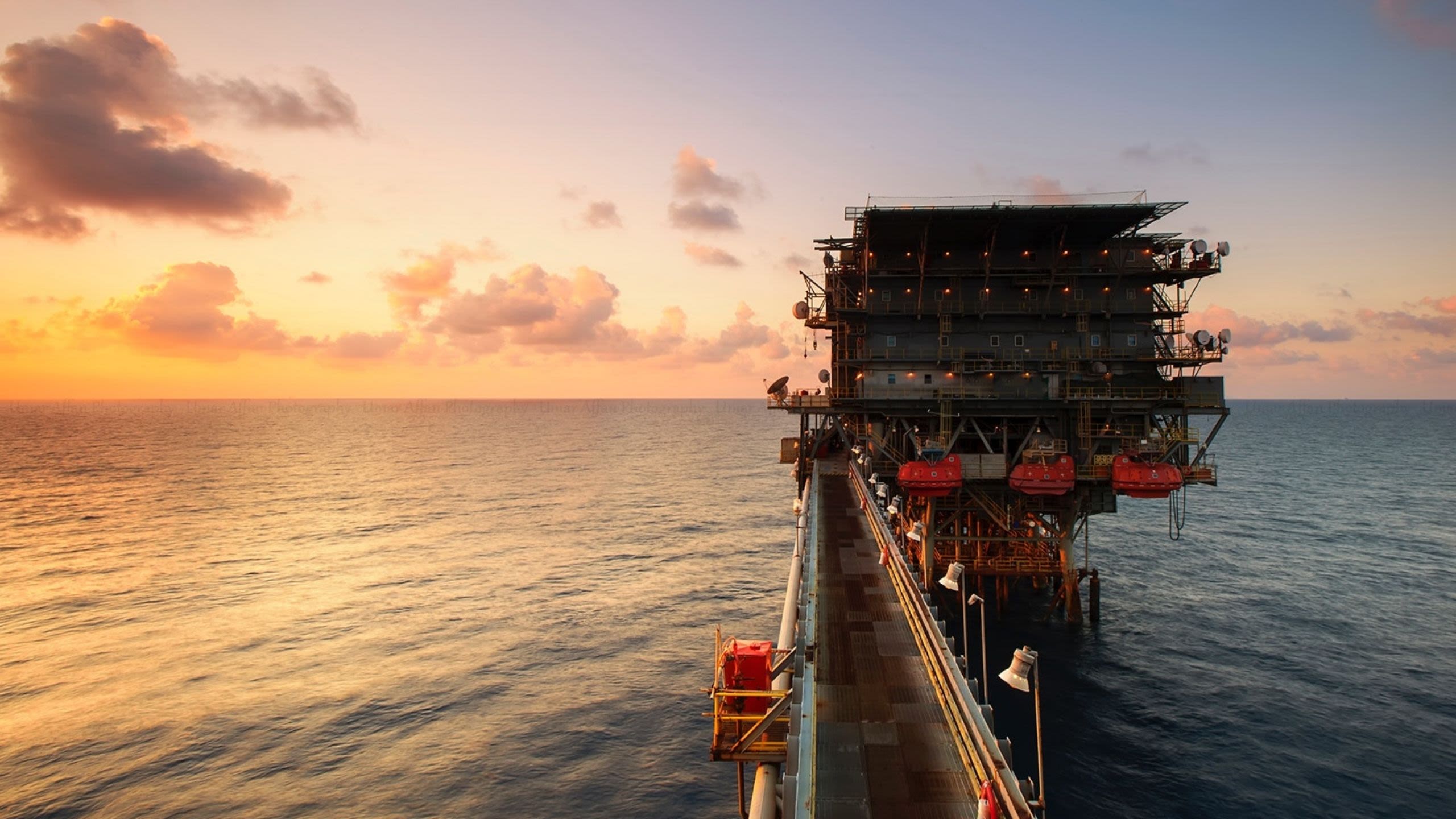
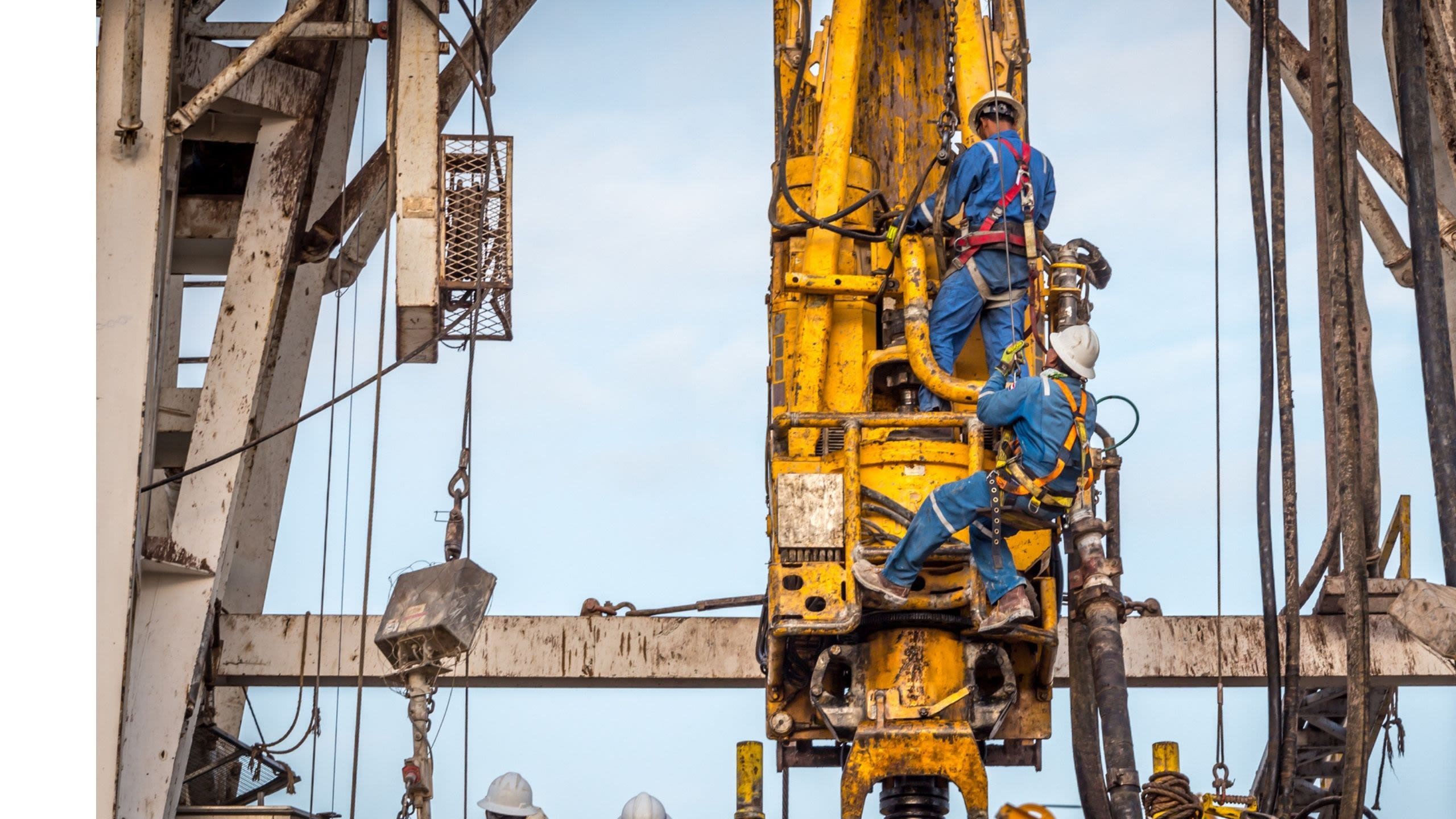
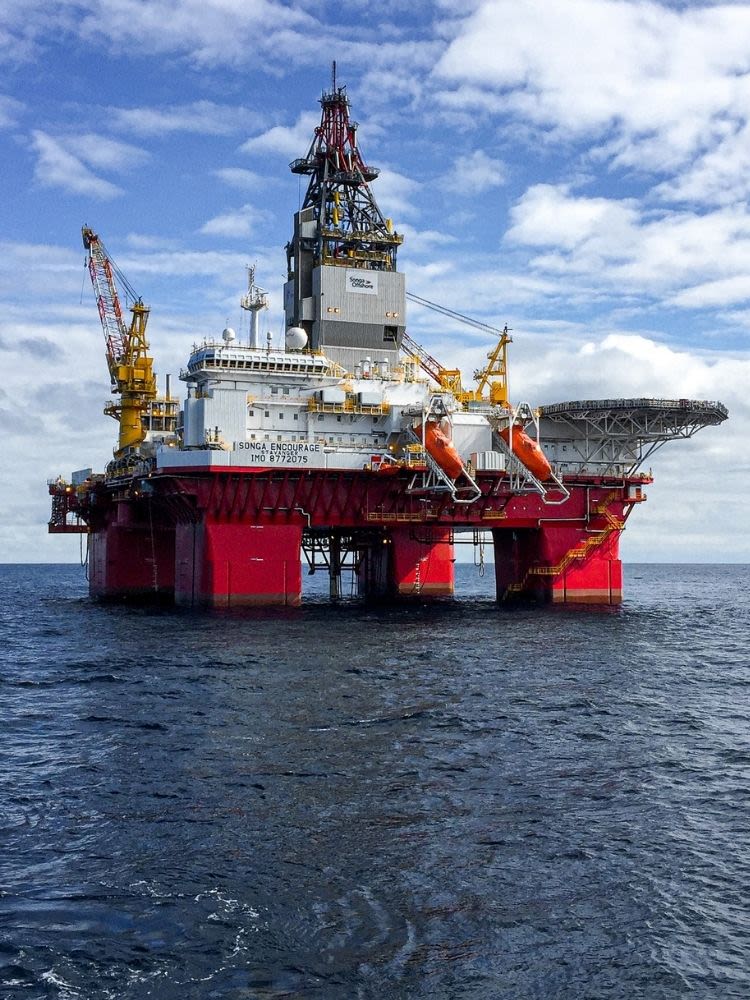
“Some of the findings, surprised me..."
The study findings suggest that workers who practice more mindfulness experience less emotional exhaustion, fatigue and psychological strain. By the end of the study, workers’ daily sense of productivity, job satisfaction and situation awareness increased as mindfulness practice increased. However, the researchers note it takes time before the positive effects of mindfulness can be observed.
“We started off the study by creating a functional job analysis with a safety focus, for each job requirement,” Spitzmueller said. “We asked people to tell us about their jobs, like what an assistant driller did during a shift.”
The workers were asked about the tasks they thought were most high risk and where they had observed the most challenges around safety, common distractions, near misses and actual accidents.
“Some of the findings, surprised me,” added Spitzmueller. “While they were working, they were thinking about issues their families were facing back home without being able to do anything about it. That popped up more frequently than I would have anticipated.”
Issues Beyond Work-Family Balance
Of the 108 workers surveyed, 41% reported they were distracted from their work by overcrowding and social distractions, and phone calls during work were cited as distractions by 19% of workers. Performance anxiety surrounding their tasks preoccupied 16% of employees and 9% of workers noted that their mind wandered during repetitive tasks and task-switching.
Novel Offshore Mindfulness Training Program
The toolkit recommends offshore oil rig managers to be trained in mindfulness so they can then share two-minute techniques with their workers to enhance attentional performance, well-being and ability to deal with stressors, Spitzmueller said.
For example, one technique asks workers to pause for a moment to look around and notice five things they can see, five things they can feel on their body and five things they could carefully hear for two minutes.
“The goal for us is to implement these mindfulness interventions at times when there is a high-risk task about to be undertaken,” she added.
Results of the study support that mindfulness practice can, if used continuously, strengthen workers’ well-being and health, and mitigate the risk for burnout.
“Our team is thrilled to be able to contribute our mindfulness toolkit as an evidence-based tool to supplement what drilling and service companies can use to support their workers,” adds Peggy Lindner, an investigator on the project who has contributed to the development of toolkit videos.
